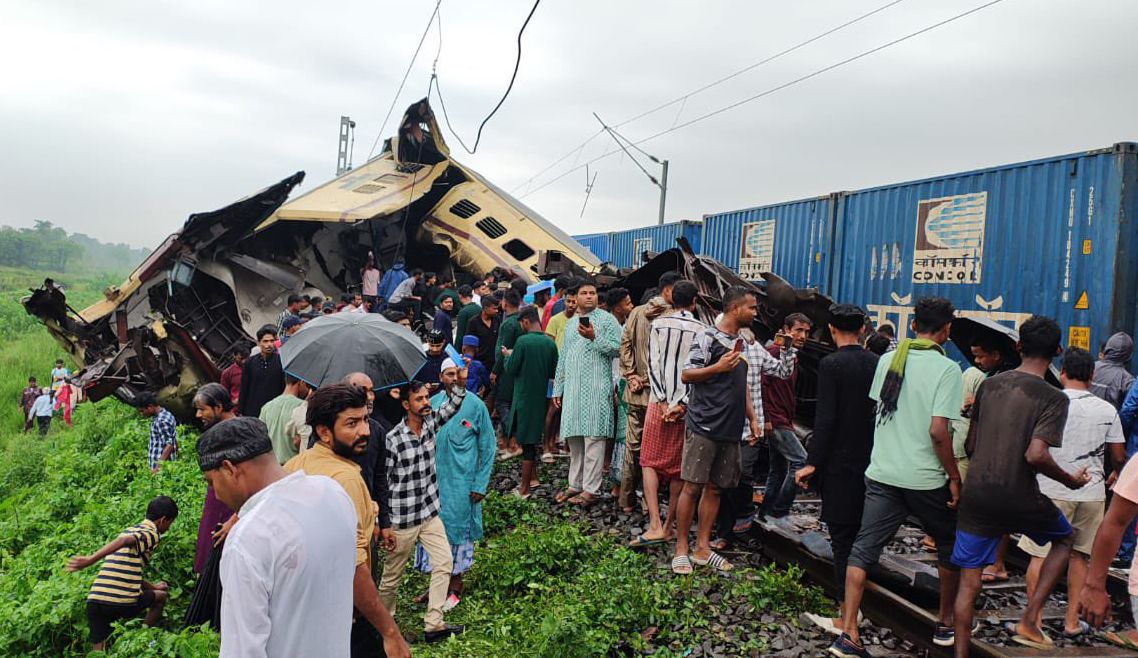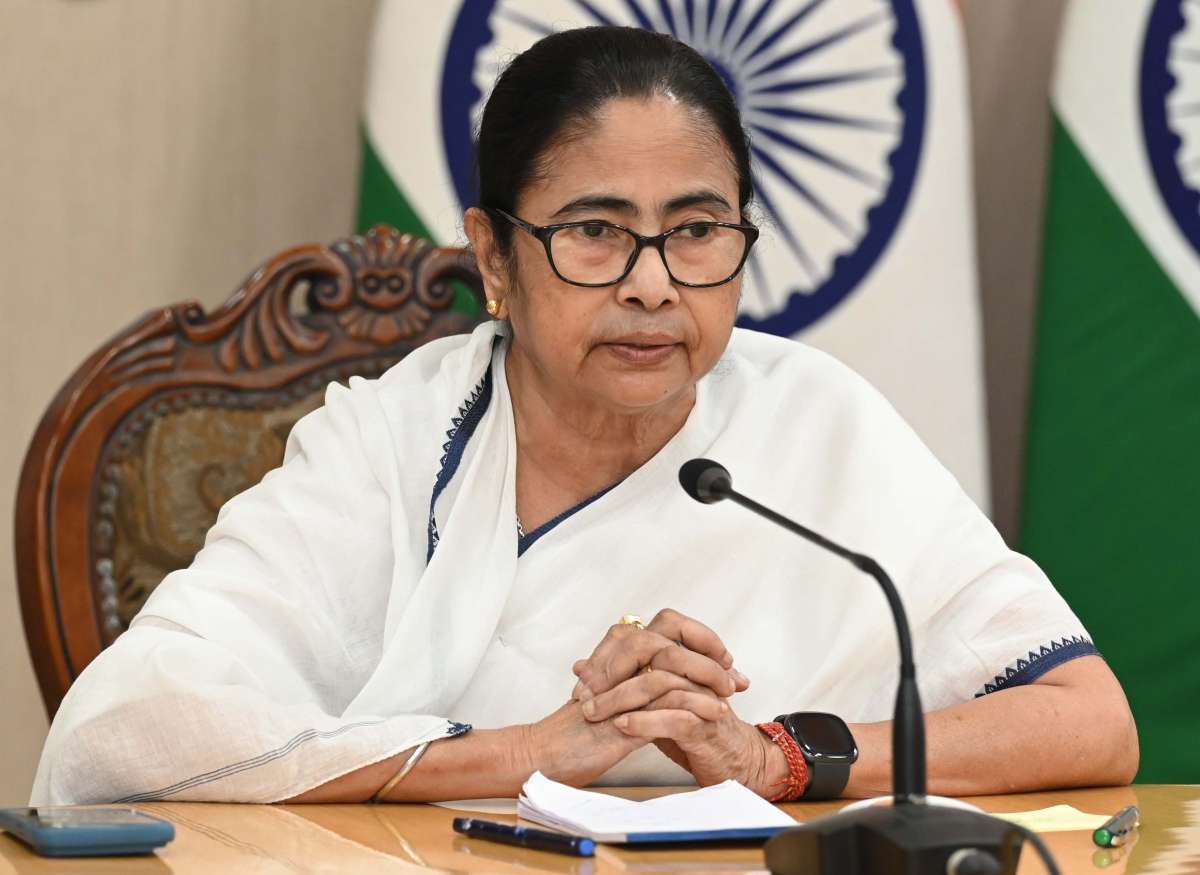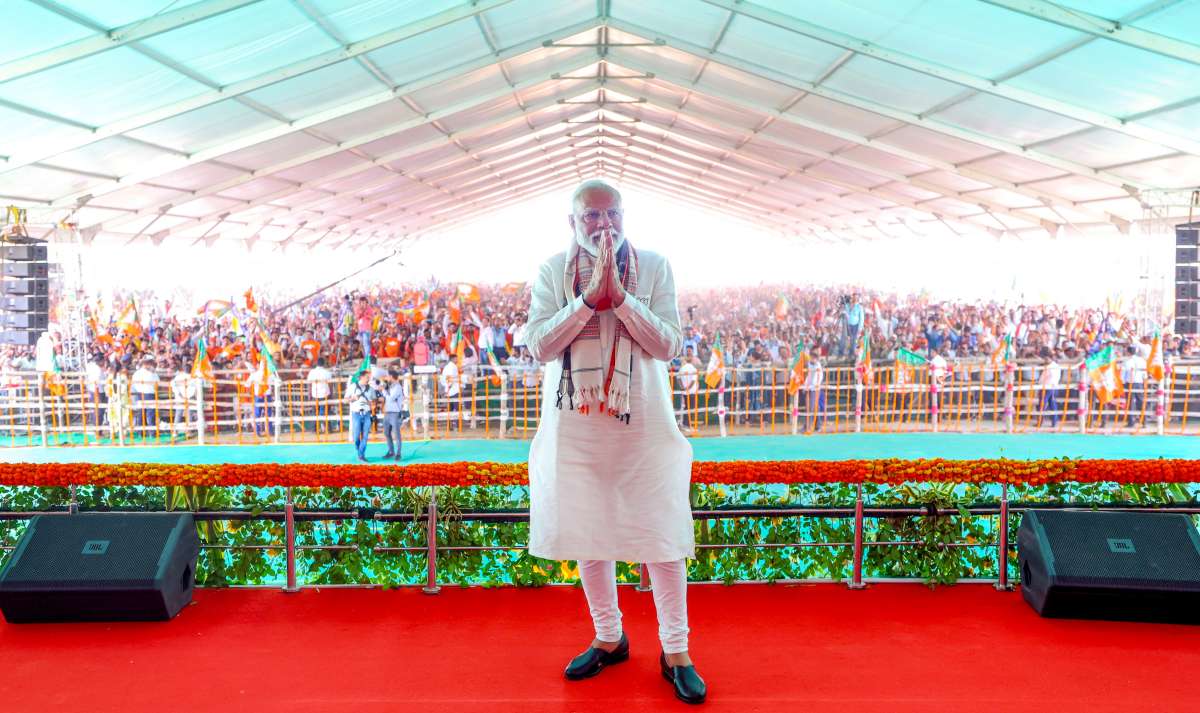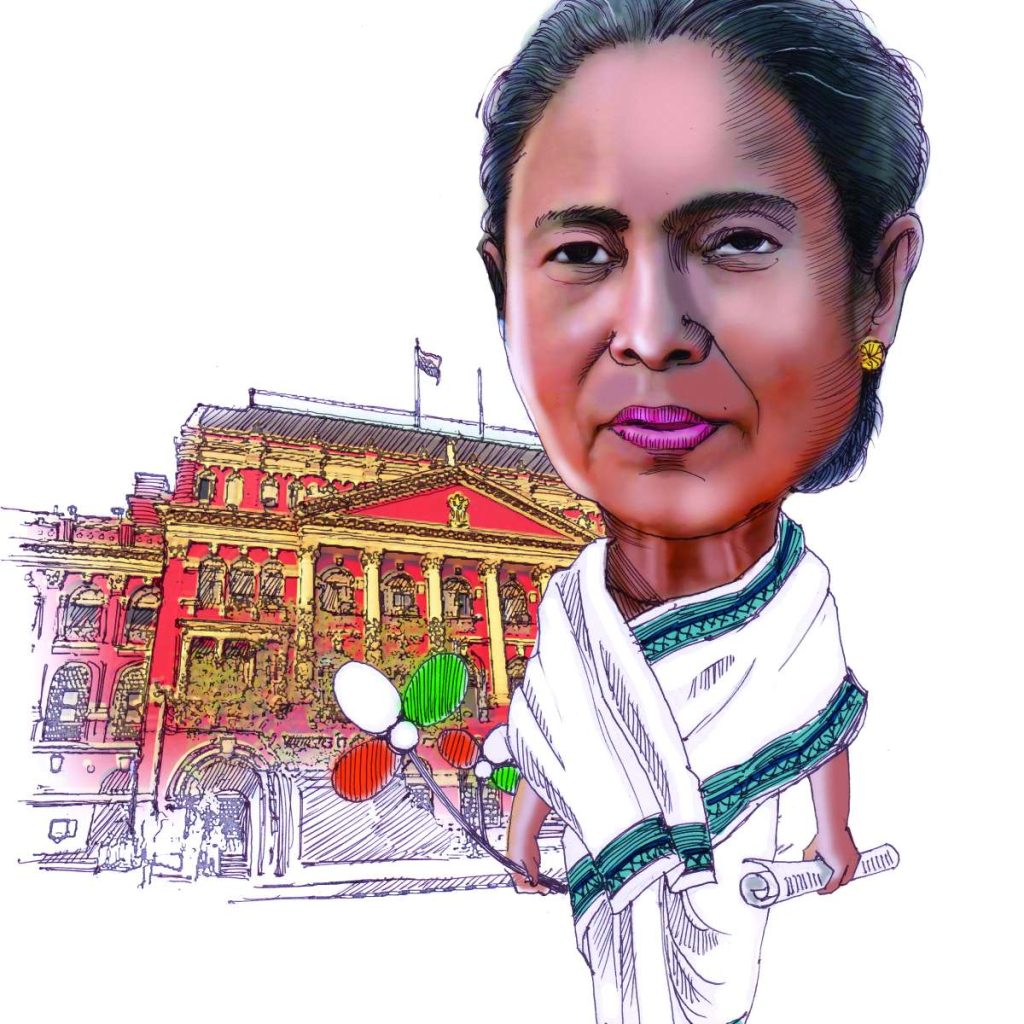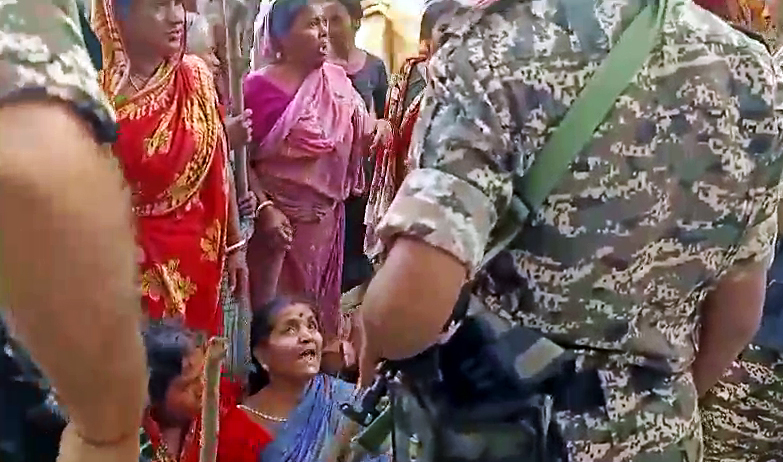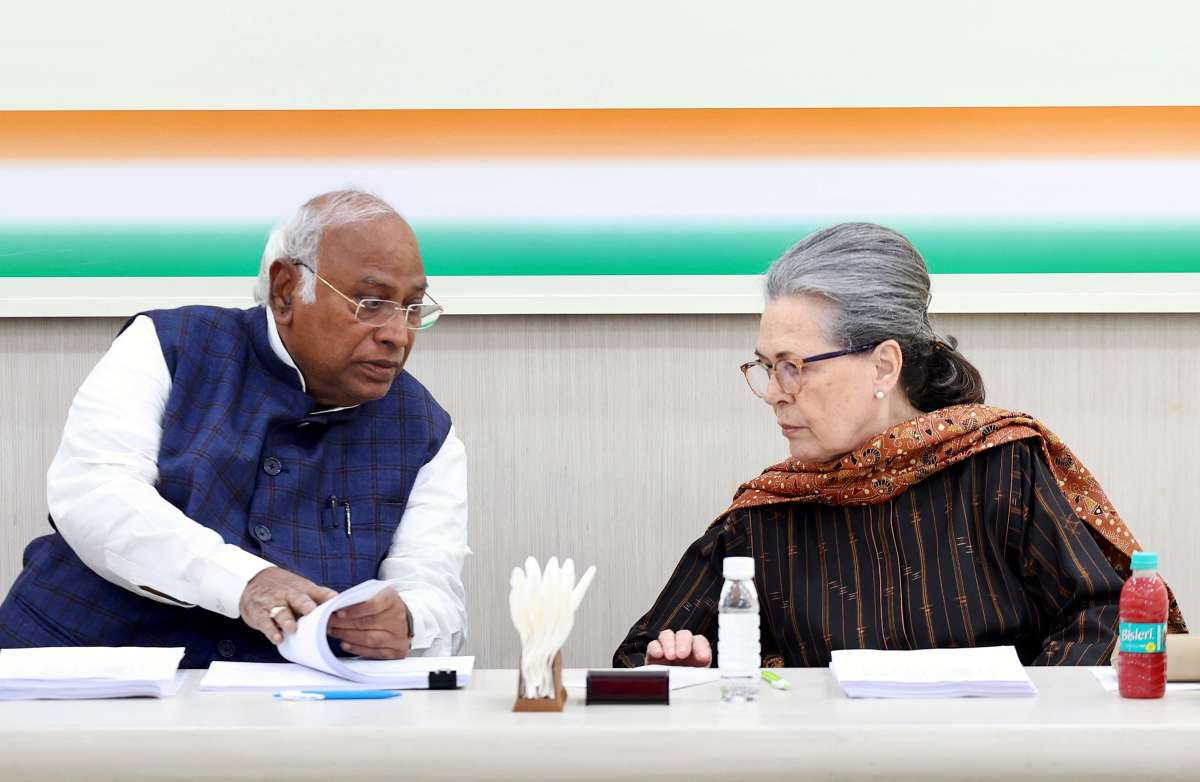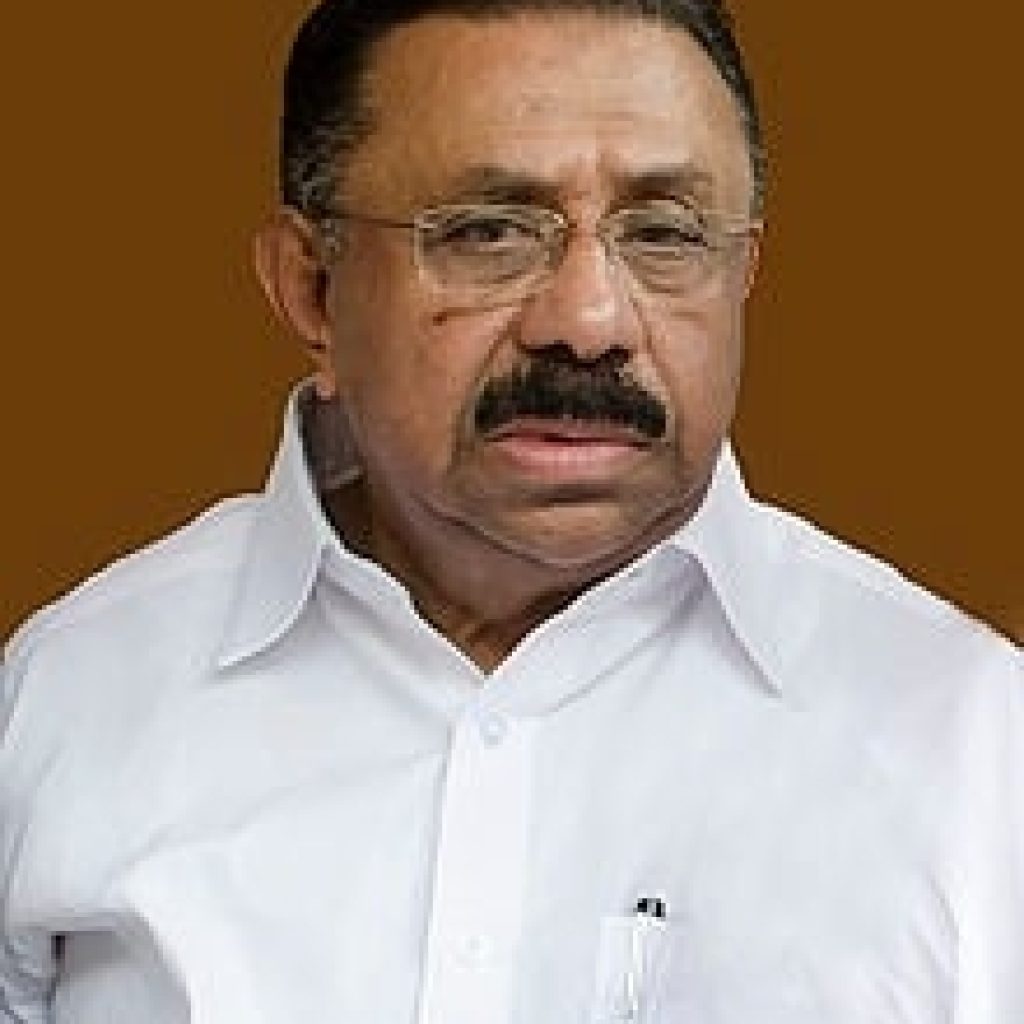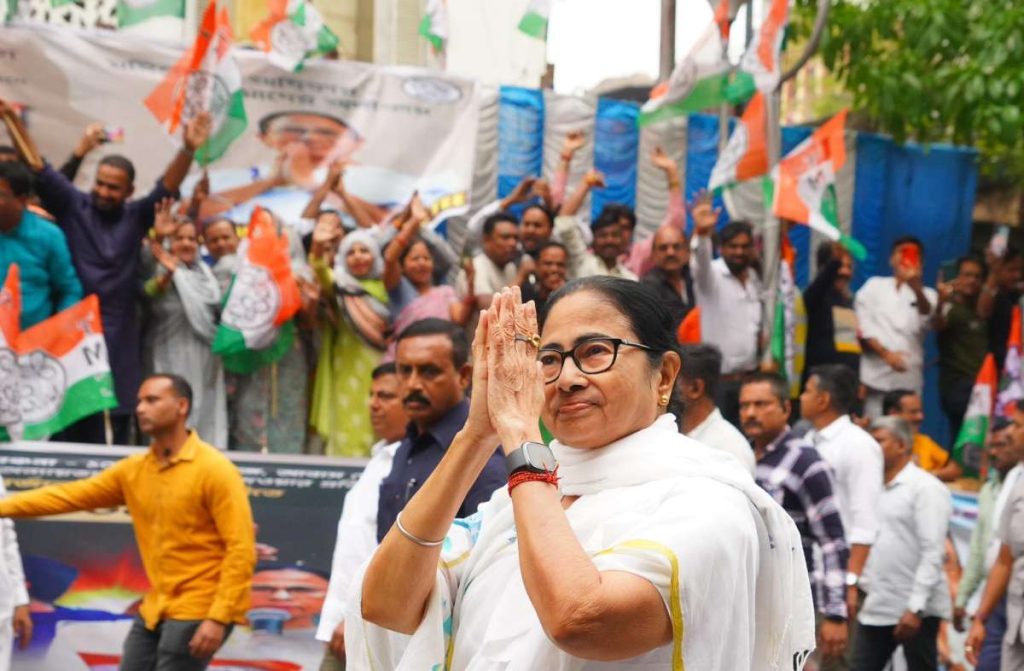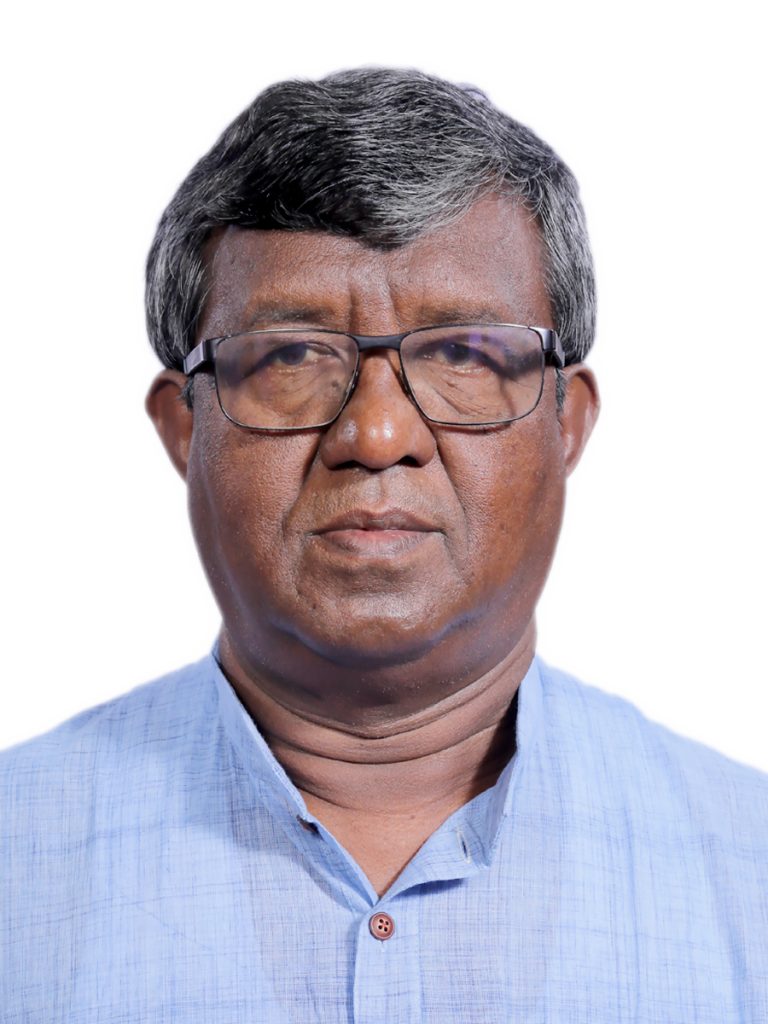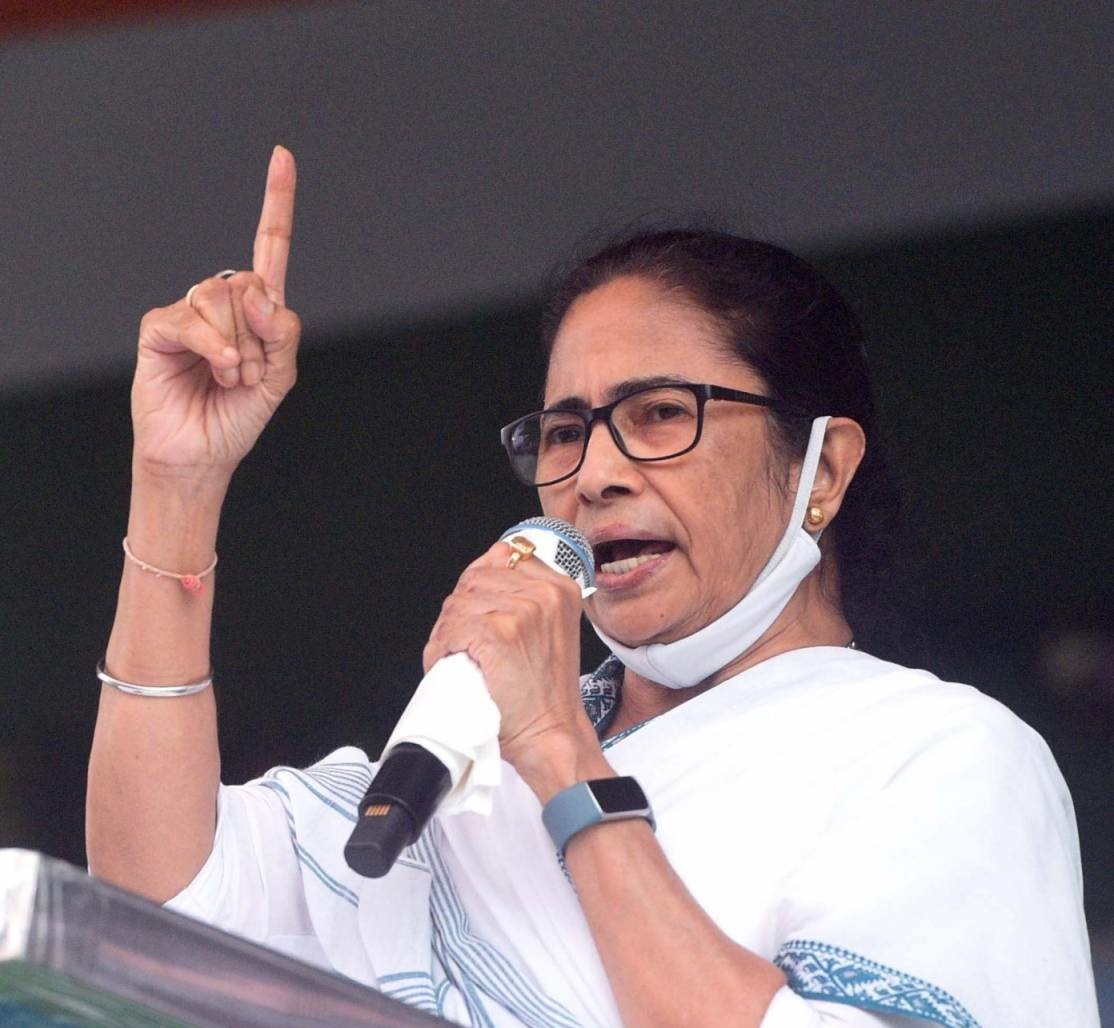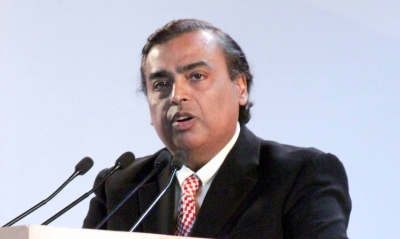As news of the accident spread, social media platforms quickly became the battleground for political figures to express their outrage and demands for accountability…reports Asian Lite News
The Kanchenjunga Express tragedy in Bengal has reignited opposition fury, fresh from their recent gains in the general election. The accident, involving the Kolkata-bound Kanchanjunga Express, saw three coaches derail near Rangapani station, close to New Jalpaiguri, when a goods train collided with it from behind. The incident resulted in nine fatalities and left 50 others injured. The severity of the situation could have been much worse if not for the placement of the parcel and guard’s coaches at the rear of the train.
As news of the accident spread, social media platforms quickly became the battleground for political figures to express their outrage and demands for accountability. Former railway ministers, including Lalu Yadav and Mamata Banerjee, alongside leaders from the Congress and Sharad Pawar’s NCP, were particularly vocal. They accused the government of gross negligence and demanded immediate responsibility be taken for the tragic incident.
Railway Minister Ashwini Vaishnaw attempted to address the situation by visiting the accident site in the afternoon. He acknowledged the gravity of the accident and assured that rescue operations were complete and efforts were now focused on restoration. However, he also called for a halt to political discourse, stating, “This is not the time for politics.”
Bengal Chief Minister Mamata Banerjee, who served as the railway minister during two different terms under the UPA and NDA governments, criticized the current administration for prioritizing electioneering over railway safety and passenger amenities. She highlighted issues such as dirty bathrooms and poor bedding conditions, reflecting on the broader neglect of railway staff and infrastructure.
Rashtriya Janata Dal (RJD) leader Lalu Yadav, who managed the railway portfolio during UPA’s first term, was quick to question the accountability for repeated railway accidents. His post on X (formerly Twitter) questioned who would take responsibility for the continuous accidents plaguing the country’s railways.
Congress leader Mallikarjun Kharge spearheaded his party’s attack, accusing the BJP-led government of turning the Railway Ministry into a platform for self-promotion rather than addressing safety concerns. He emphasized that it is the duty of a responsible opposition to highlight the government’s failings, calling today’s tragedy a stark reminder of the alleged mismanagement.
Rahul Gandhi and Priyanka Gandhi Vadra echoed these sentiments, emphasizing the need for government accountability and improved safety measures. Priyanka Gandhi’s post underscored growing concerns about passenger safety, translating her message from Hindi to point out the consequences of central government negligence over the past decade. Senior Congress leader Deepender Hooda also reiterated these points to the media, criticizing the central government’s handling of railway safety.
Sharad Pawar’s Nationalist Congress Party (NCP) drew a comparison with past ministers, highlighting how Nitish Kumar resigned as Union railway minister following the 1999 Gasal train accident, contrasting this with Ashwini Vaishnaw’s tenure, which has seen multiple accidents without similar accountability. The NCP accused the current administration of using the railway ministry for promoting the Modi government rather than ensuring passenger safety.
The official Congress handle also detailed a list of major train accidents over the last decade, pointing to a consistent pattern of negligence and mismanagement. The opposition’s unified stance highlights a significant political pressure on the current government to address the systemic issues within the Indian Railways and take concrete steps towards improving safety and accountability.
ALSO READ: Consensus prevailed on LS Speaker’s choice since Independence

